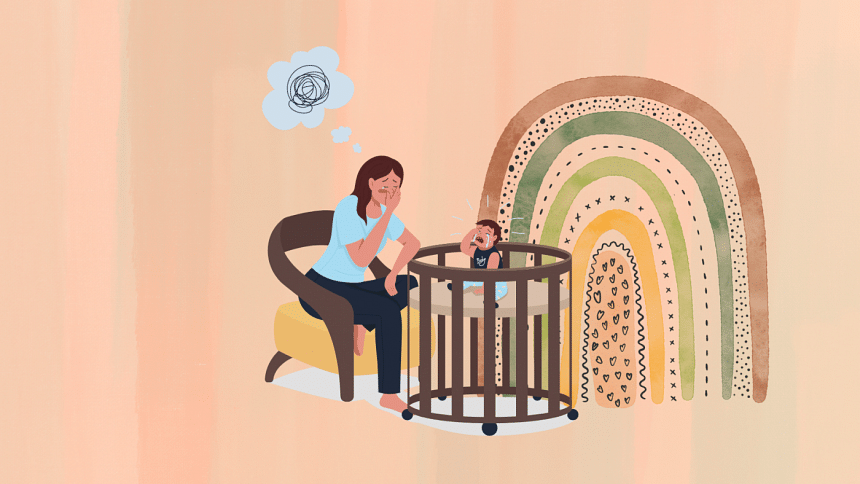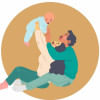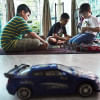Can you spoil a baby?

Daunting as it is, there is no denying that our babies depend on us for everything. This means that we need to be available to them whenever they need us. However, does this inherently natural act of reaching out to our children mean we are spoiling them? Or is there a better argument out there?
Plenty of new and old parenting guides will tell you that you can spoil babies by holding them too much. Or rocking them to sleep. Or co-sleeping. Or cuddling and kissing. Fortunately for babies and for parents who are constantly pressured to fight against their natural instinct and hold off on responding to their children's cries, science says you CANNOT spoil babies.
Child development experts overwhelmingly agree that babies are wired to crave parental touch and attention. It is crucial for them because the world is still unfamiliar territory and they expect known sounds such as those of their parents, or a familiar touch such as that of a father or mother, to make them feel safe and connected. Giving in to their demands, therefore, cannot spoil them. It can, at best, meet their needs and lend them an air of security.
Babies are non-verbal for a good few months after they are born. During this time, if they are hungry, tired, overstimulated or uncomfortable, they only really have one option available to them, and that is to cry. Contrary to everything that has been said about training babies to become self-dependent, child development experts are leaning towards the act of giving in to their pleas, rather than forcing them to self-soothe.
According to them, a baby is no more capable of self-settling than they are of riding a bike. While it is true that leaving the baby to cry it out can condition it to stop crying and go without parental input after a certain time, this does not always mean that the child is settled, soothed, or calmed.
In fact, doctors say that self-soothing is a developmental stage. This means that babies learn to soothe themselves when they are ready for it. When that happens, the act will not need to be taught; it can be as natural as learning to walk, eating solids, and sleeping for longer stretches at night.
The same argument can be applied to the myth of manipulation. Babies have needs and they trust parents to help them when something is wrong. At other times, they only want a snuggle. It is as instinctual for them to crave their parents as it is for parents to crave their children. This is not manipulation. In fact, according to Dr Barbara Howard from the Johns Hopkins University in Baltimore, their brains have simply not evolved to the point where they know the complex art of exploitation. Babies cry out for familiarity, security, and affection.
Science tells us something wonderful about responding to children with love. A baby's limbic system (containing their hippocampus and amygdala) develops between years 0 and 3. Research has proven that children that have nurturing, responsive parents show a higher level of hippocampal volume, which is directly related to behavioural regulation and emotional processing.
Therefore, a child that receives love and attention from parents in their formative years thrives cognitively, emotionally and physically, and is more likely to display empathetic and pro-social behaviour later on in their lives. So, the next time your little bundle of joy cries out for you, go to them, hold them, snuggle them. Their futures will be better for it.

 For all latest news, follow The Daily Star's Google News channel.
For all latest news, follow The Daily Star's Google News channel. 








Comments